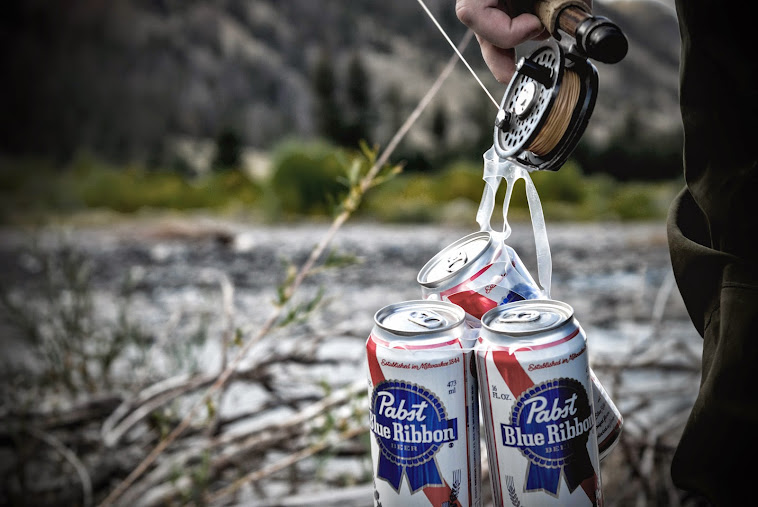It's bad enough that an estimated 86 percent of Alaska Native villages will require relocation over the next 50 years because of climate changes.
Consider Newtok, Alaska — a town of 354 perched at the mouth of the Ninglick River, just a few miles from the Pacific Ocean. In 2009, it was one of 26 indigenous villages listed by the U.S. Army Corps of Engineers as “priority action communities”: The ground beneath Newtok is being usurped by the sea at such a rate that the village may only have two more years before the first houses fall away.
The article also looks at the case of 23 Alaska Natives who were punished by the state for defying a fishing ban. Their case will be heard at the Alaska Court of Appeals, possibly sometime this summer. According to the article, "the fishermen’s civil disobedience has been framed as a First Amendment issue: The Yup’ik believe they have an obligation to continue their ancestral traditions." In an amicus brief, the ACLU stated —
A Yup’ik fisherman who is a sincere believer in his religious role as a steward of nature, believes that he must fulfill his prescribed role to maintain this 'collaborative reciprocity' between hunter and game. Completely barring him from the salmon fishery thwarts the practice of a real religious belief. Under Yup’ik religious belief, this cycle of interplay between humans and animals helped perpetuate the seasons; without the maintaining of that balance, a new year will not follow the old one.While the trial judge appeared sympathetic, he still felt the state had sufficient reason for imposing the ban. It will be interesting to see how the court of appeals deals with this defense, particularly under current changing conditions.
There, state-appointed judges will grapple with the same question the court faced in 1979, when an indigenous hunter named Carlos Frank was charged with illegally transporting a newly slain moose. Frank argued that he had needed the animal for a religious ceremony. Two lower courts found him guilty, but the Alaska Supreme Court reversed the verdict, calling moose meat “the sacramental equivalent to the wine and wafer in Christianity.”Thanks to Turtle Talk for the heads up.

No comments:
Post a Comment